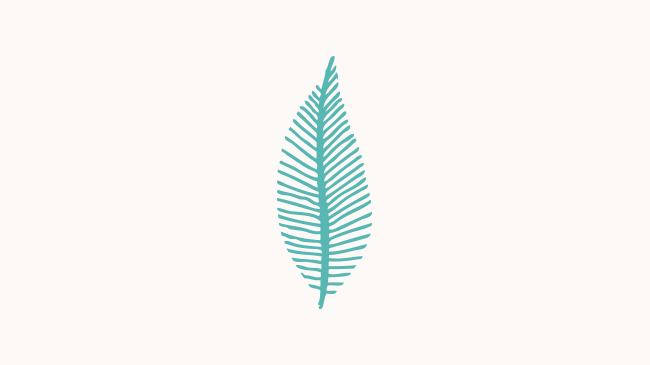Biofuel beating poverty in Bali
Dolores (name changed to protect privacy) has the most soulful eyes you could hope for on a cow.
Part of her earnest expression, I’m pretty sure, has to do with her confidence that not only is she saving the planet – she’s going to give families a chance to end poverty. Most of her daily dump goes directly into a big tank where it ferments away, producing methane gas that runs along this pipeline into a gas cylinder. There are technical details here I didn’t catch, but from here it lights up a cooker. And presto. Fuel.
Dolores is part of a program being trialled by our partner organisation in Bali, MBM. This bunch are no slouches when it comes to innovation. They live in a country synonymous with tourism, although it battles to keep its place as the poster child of cheap Aussie getaways since the Bali Bombings and is in fierce competition these days with other exotic Asian destinations like Cambodia and Vietnam. Still, much of the Balinese economy relies directly on the wallets of international visitors. Local small farmers without the skills to share in the tourism industry are doubly disadvantaged – prices pushed high by visitors; a system that cuts them out. These are the invisible poor among whom our partners work, right across Bali’s length and breadth. For these families, innovation is the name of the game.
Trialling livestock to produce fuel by way of methane; gathering rubbish to recycle and then resell; seeding community gardens where produce can be shared and sold; training people in small businesses and co-ops in which families invest their savings together in order to buy livestock – these are the skills that will help end poverty forever.




